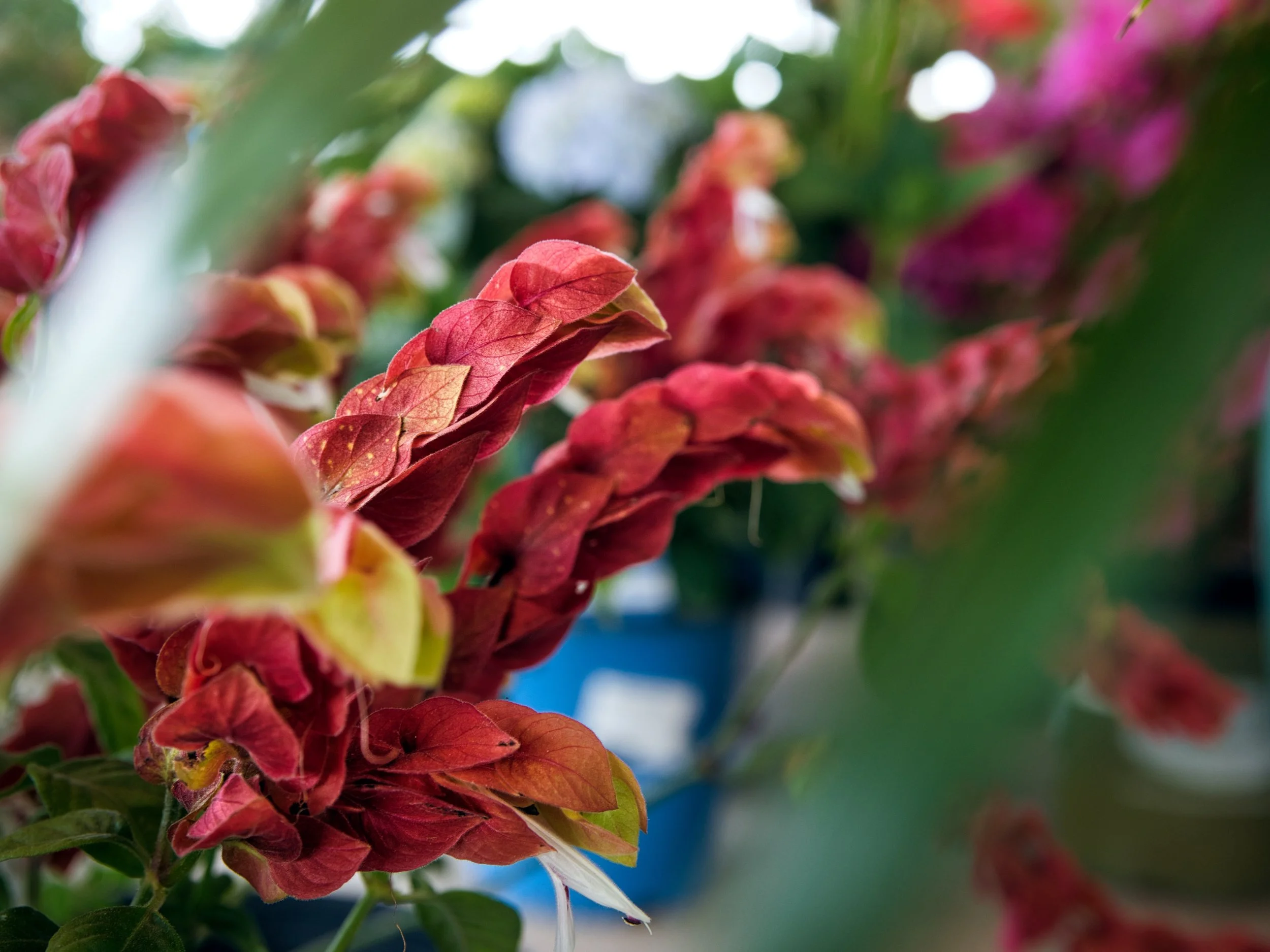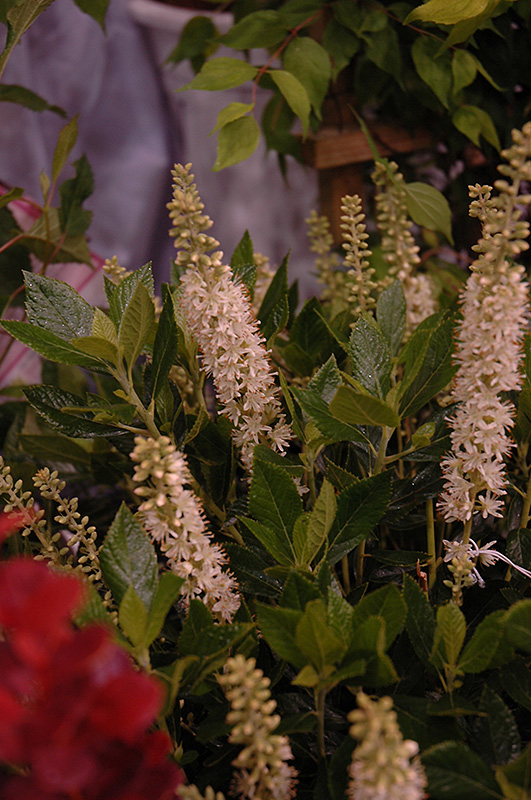Sixteen Candles Summersweet
Clethra alnifolia 'Sixteen Candles'
Height: 3 feet
Spread: 4 feet
Sunlight:
![]()
![]()
Hardiness Zone: 4a
Other Names: Sweet Pepperbush
Description:
Produces bountiful spikes of intensely fragrant white flowers in late summer when little else blooms, good yellow fall color as well; needs moist acidic soil; some suckering, good for filling in an area
Ornamental Features
Sixteen Candles Summersweet has masses of beautiful spikes of fragrant white flowers rising above the foliage from mid to late summer, which are most effective when planted in groupings. It has green deciduous foliage. The glossy round leaves turn an outstanding harvest gold in the fall.
Landscape Attributes
Sixteen Candles Summersweet is a multi-stemmed deciduous shrub with a more or less rounded form. Its average texture blends into the landscape, but can be balanced by one or two finer or coarser trees or shrubs for an effective composition.
This shrub will require occasional maintenance and upkeep, and is best pruned in late winter once the threat of extreme cold has passed. It is a good choice for attracting bees and butterflies to your yard. It has no significant negative characteristics.
Sixteen Candles Summersweet is recommended for the following landscape applications;
- Mass Planting
- General Garden Use
- Naturalizing And Woodland Gardens
Planting & Growing
Sixteen Candles Summersweet will grow to be about 3 feet tall at maturity, with a spread of 4 feet. It tends to fill out right to the ground and therefore doesn't necessarily require facer plants in front. It grows at a slow rate, and under ideal conditions can be expected to live for approximately 30 years.
This shrub does best in full sun to partial shade. It is quite adaptable, prefering to grow in average to wet conditions, and will even tolerate some standing water. It is not particular as to soil type, but has a definite preference for acidic soils, and is able to handle environmental salt. It is highly tolerant of urban pollution and will even thrive in inner city environments. Consider applying a thick mulch around the root zone in winter to protect it in exposed locations or colder microclimates. This is a selection of a native North American species.


